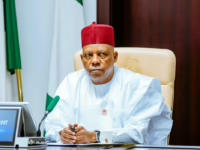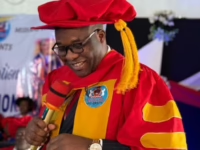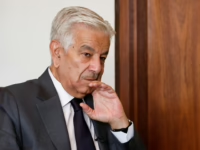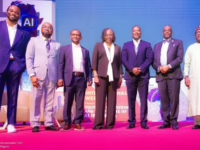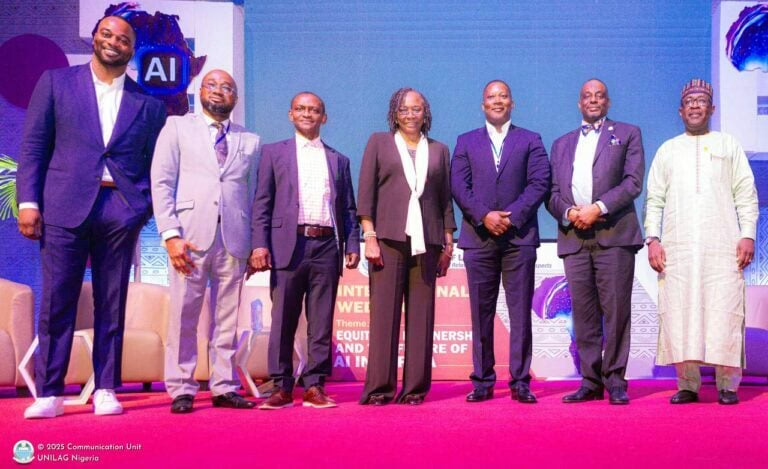The European Union (EU) and Nigeria are deepening their collaboration in the field of Artificial Intelligence (AI) research and innovation, aiming to bridge the gap between academic exploration and practical, market-driven technologies within critical tech sectors.
During the International Week at the University of Lagos (UNILAG), Massimo De Luca, Head of Cooperation at the EU Delegation to Nigeria and ECOWAS, presented ongoing initiatives designed to establish a comprehensive framework for science, technology, and innovation partnerships between the EU and Nigeria.
De Luca revealed that the upcoming EU-Nigeria Science, Technology and Innovation Agreement will formalize collaborations, enabling universities, research institutions, and businesses to jointly investigate AI solutions aligned with Nigeria’s development goals and the wider African innovation environment.
“This agreement will unlock opportunities for researchers and innovators to collaborate on critical issues affecting both regions, such as leveraging AI responsibly to tackle social challenges, enhance productivity, and foster inclusive growth,” he explained.
He also drew attention to the Generative AI for Africa funding call, which closes on October 31, highlighting it as one of several EU-backed programs designed to promote cross-continental AI innovation partnerships.
“Our vision is for Nigerian scientists to play a pivotal role in this journey, building networks, sharing insights, and spearheading initiatives that will shape Africa’s technological future,” De Luca added.
Beyond financial support for research, De Luca stressed the EU’s commitment to bolstering Nigeria’s research infrastructure. “Collaborations with the National Universities Commission and the creation of a dedicated research liaison office in Nigeria exemplify our broader strategy to equip Nigerian institutions with the resources and alliances necessary to compete on a global scale,” he noted.
Professor Folasade Ogunsola, Vice Chancellor of the University of Lagos, praised the EU’s ongoing partnership with Nigerian academic institutions, calling it a blueprint for effective and reciprocal cooperation.
“Our academic community benefits immensely from access to diverse networks and knowledge exchanges. Such partnerships not only drive innovation but also contribute significantly to the institutional advancement of our universities,” she remarked.
The theme for this year’s International Week was “Equitable Partnership and the Future of AI in Africa,” underscoring the shared commitment to inclusive and forward-looking technological development.







